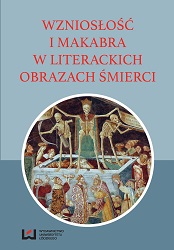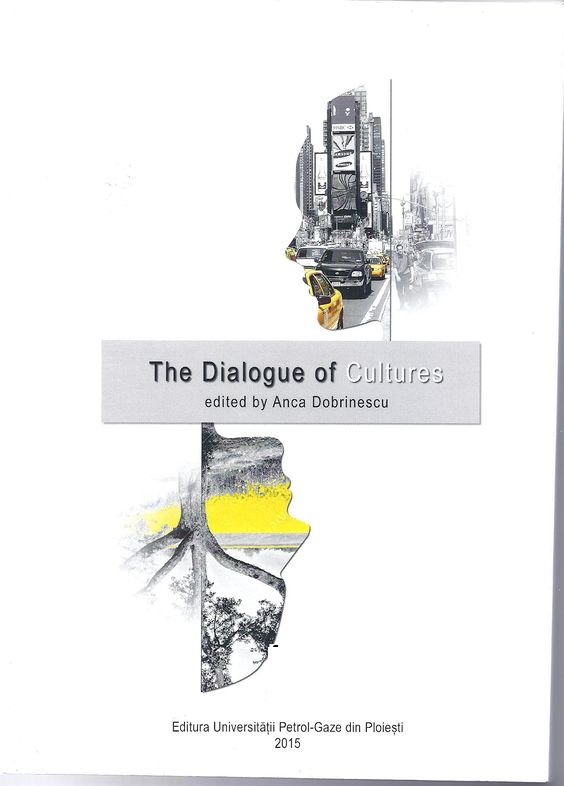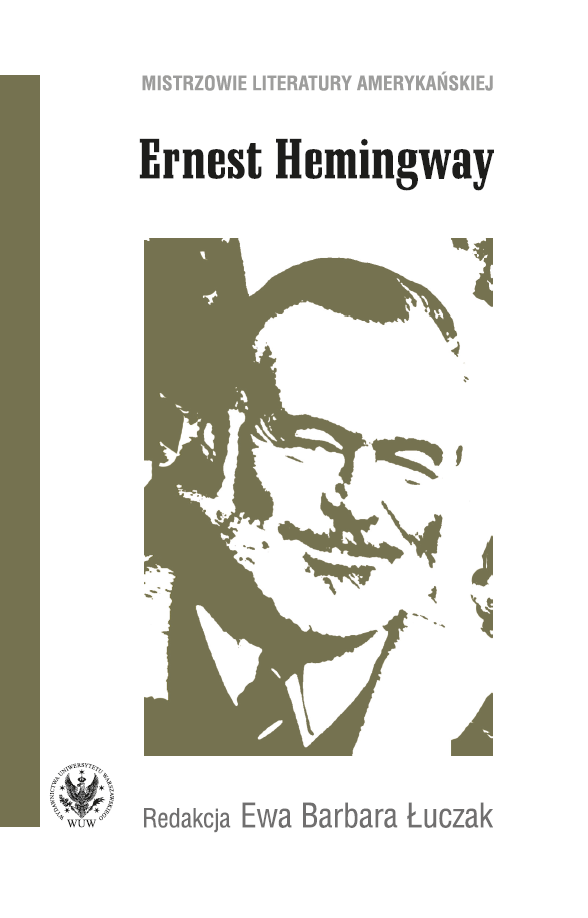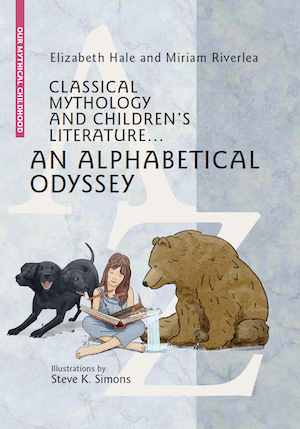Author(s): Alice Teodorescu / Language(s): English
Publication Year: 0
The power of popular culture to erase the border between fiction and reality is a point in “dialogue” for many studies of culture, media and society nowadays. One of its most successful forms, Japanese animation, widely known as anime (F. Schodt, 1997), is a productive subject for academic analysis and research as it departs from another strong cultural product (Japanese comics or manga), creates complex narrative universes and manages to have a global appeal, beyond nation, race, age and so on. As Susan Napier, a renowned Japanese popular culture researcher, underlines, anime can be considered “the Other of animation” that offers “an exhilarating vision of difference in which identity can be technological, mythological, or simply an ecstatic process of constant metamorphosis” and that can be defined as a strong form of expression “in the new transnational culture” (p.292, 2005). The current paper addresses the issues of “identity” and “Otherness” as stated above in order to tap into the larger debate on culture, globalization and transnational/transcultural flows and problematize concepts such as remediation (J. Bolter and R. Grusin, 2000), transmedia storytelling (H. Jenkins, 2006) or transfictionality (M.L. Ryan, 2013). Moreover, with a focus on Shakespeare’s plays or themes in anime adaptation, the larger context of intertextuality and interculturality will be tackled with, in order to offer various perspectives on the global world and the current role that Japanese popular culture as soft power is taking in today’s mediascape.
More...





